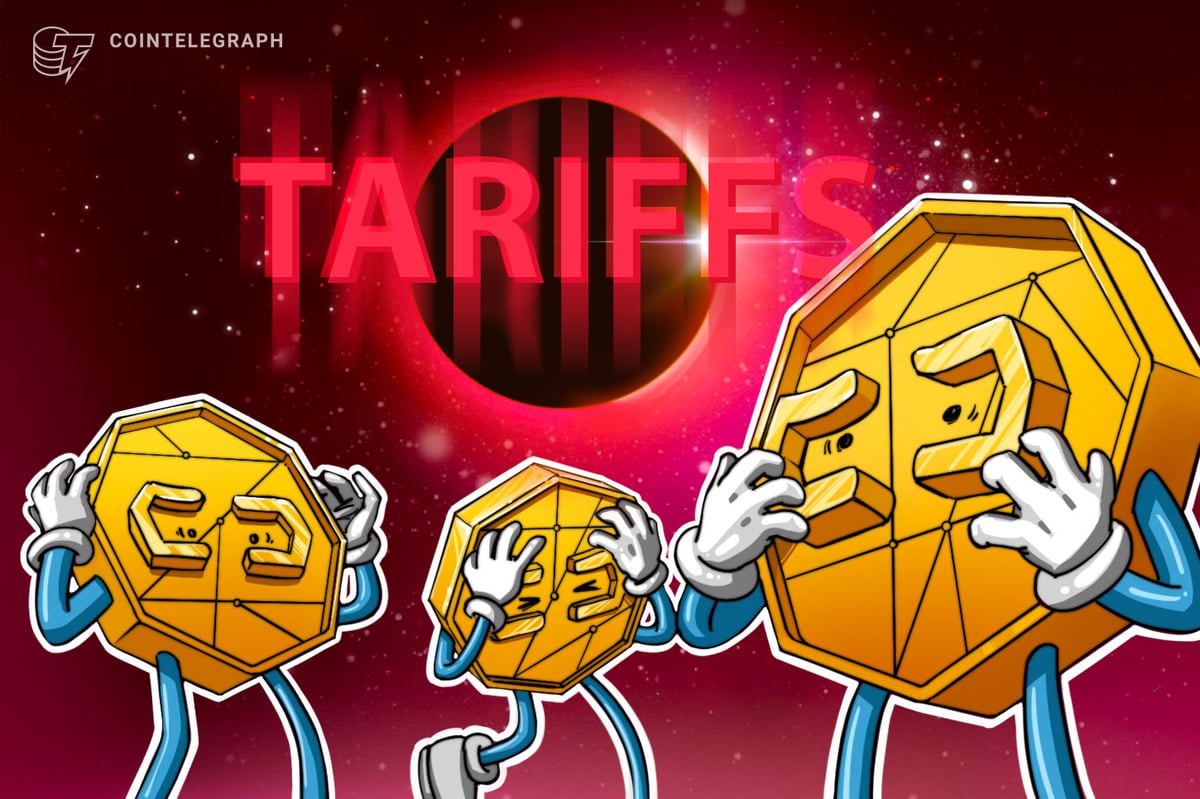The XRPL Grants program has expanded the Wave 4 judging committee to include 25 experts from the Web3 industry, academia, women’s-focused organizations and interest groups, and environmental and social impact organizations. The expanded committee is well-equipped to judge projects focused on sustainability and diversity, equity and inclusion—specifically those projects led by women, non-binary or Historically Black Colleges and Universities (HBCUs).
Meet the New Judges Joining in Wave 4
Dr. Sanjay Bapna
Chair and Professor of Information Science and Systems at Morgan State University and Associate Director of the Center for the Studies of Blockchain and Financial Technologies
Dr. Bapna’s background is in the field of analytics, cybersecurity, intelligent transportation systems, supply chain integration, econometrics, fintech, blockchain, data mining, and evaluations. He has been with Morgan State for the past three decades where he has developed and taught undergraduate, MBA, and doctoral courses in the areas of coding, ERP systems, database, business intelligence and more. Dr. Bapna has been awarded the best paper from the flagship National Decision Sciences Institute Conference in 2009 and 2011, among many other awards, grants and accolades.
Sandy Carter
SVP, Unstoppable Domains
Sandy is responsible for driving new partnerships in Web3, blockchain and NFTs. Previously, Sandy was a VP at AWS responsible for driving partnerships in cloud, AI, IoT and blockchain, as well as a founder of a startup in Silicon Valley. In her last GM role at IBM, she ran the AI/ML Ecosystem. Sandy is the Chairman of the Board of Girls in Tech, and an adjunct professor at Carnegie Mellon SV. She is also the author of Extreme Innovation and the founder of Unstoppable Women of Web3. Sandy is a Top 100 Most Inspirational Women of Web3, Federal 100 Award Winner, member of Fortune’s Most Powerful Women, and CNN Top 10 Most Powerful Women in Technology.
Kenneth Chung
Environmental Engineering PhD Candidate, University of Michigan at Ann Arbor
Kenneth's research at the University of Michigan dives into blockchain-based environmental and sustainable finance solutions. More specifically, he looks at how smart contracts and decentralized oracle networks can cut transaction costs (via Transaction Cost Economics analysis), and increase trust and transparency among counterparties to lower investment barriers in sustainable infrastructure and practices.
Marc Johnson
Environmental Solutions Architect, Protocol Labs (Filecoin Green)
Marc is a driven sustainability leader who has spent the majority of his career working on technological solutions to problems facing the energy-water-food nexus. He has a M.Sc. in Sustainability Management from Columbia University and holds credentials for both the Greenhouse Gas Protocol Scope 3 Standard and Greenhouse Gas Protocol Mitigation Goal Standard.
Andrew Mangle, Ph.D.
Assistant Professor of Information Systems in the College of Business at Bowie State University
Before academia, Dr. Mangle worked as an application developer and supervisor for eight years in the public sector. He continues to develop and innovate, and is eager to share insights with others. Dr. Mangle is contributing to and supporting the global demand for blockchain, Web3, and cybersecurity experts through training, mentoring, developing, researching and presenting. His research includes publications and presentations in blockchain and cybersecurity. Dr. Mangle currently holds the following industry credentials: CISSP, CISA, PMP and CSSLP.
Peter Rosberg
Carbon Markets Product Management, RippleX
Peter believes that the intersection of Web3 and carbon markets will allow new business models to flourish and scale while also improving carbon credit transparency and quality. Most recently, Peter has been leading carbon markets product management at RippleX, working on solutions and services for carbon and ecological markets based on the XRP Ledger. Prior to that, he was VP of Engineering at Ripple working on the RippleNet product. He has been in the Silicon Valley startup scene for 30 years working for iconic companies such as PayPal and across various industries including sustainability, crypto, fintech and e-commerce. He is a technologist, startup mentor and angel investor.
Apoorva Sahay
Associate, Climate Intelligence Program, RMI
Apoorva is at RMI, where she works on topics at the intersection of carbon markets and blockchain technologies. Her work explores the potential role of blockchain to improve quality, transparency, trust and equity outcomes of carbon credits at scale.
Mayukha Vadari
Software Engineer, Interoperability, RippleX
Mayukha is responsible for all of the interoperability-related developer tooling at RippleX. Her main focus at the moment is tooling for sidechains, such as the XRPL Sidechain CLI. Some other projects she’s worked on while at Ripple include the development of xrpl-py, the revamp of ripple-lib into xrpl.js, and the XRPL.org Explorer.
Esteban van Goor
CEO & Founder, Xange.com
Esteban completed his master's degree in tax law in 2010 at the University of Maastricht and has worked as a tax lawyer for Taxand, PwC and Baker. Esteban is currently managing partner of Megalodon Services, a firm focusing on management consultancy services for fintech companies. He is one of the founders of Xange.com, a firm offering market infrastructure solutions and developing a carbon credit solution on the XRP Ledger for the issuance of tokenized carbon credits. He has been working with several legislators on legislation regarding digital services, including co-writing a position paper for the G-20 in relation to the VAT treatment of digitalization of currency in 2014.
Bo Yang
Associate Professor, Bowie State University
Bo is a professor of computer science at Bowie State University, and Director of Big Data Research Lab and the Center for Cybersecurity and Emerging Technologies. He led BSU’s designation application of NSA/DHS CAE-CD and served as the Director of NSA/DHS National Center of Academic Excellence in Cyber Defense in 2015-2020. His research interests include Cybersecurity and Blockchain, Data Privacy and Reliability, Big Data, Edge Computing, Natural Language Information Retrieval and Machine Learning. His research work was published in over 50 papers in journals, books and conferences, and was funded by NASA, NSF, DOD and industry research grants.
Returning judges include: Sean Bennett, Co-Founder, Stronghold; Scott Chamberlain, Entrepreneurial Fellow, Australian National University; Klitos Christodoulou, PhD, Assistant Professor at University of Nicosia; Brian Dawson, Partner Ecosystem Leader, RippleX; Yebo Feng, Research Assistant and Ph.D. Candidate, University of Oregon; Chris Jimison, CTO, Forte; Lukasz Kowalski, Lecturer, Industry Fellow, and Co-Director Blockchain X-Lab SCET, UC Berkeley; Elliot Lee, Head of Developer Growth, RippleX Engineering; Dr. Kerby Lynch, Community Researcher and Program Manager, Ceres Policy Research; Aanchal Malhotra, PhD, Head of Research, RippleX; Marco Neri, XRPL Developer Advocate, Ripple; Dr. Stefanie Roos, Assistant Professor, TU Delft; Uchi Uchibeke, Director of Developer Relations, Coil; and Jan Zibelnik, Product Manager, BlockWallet.
You can view the full roster of judges at xrplgrants.org/judges.
Stay Up-to-Date
Applications for XRPL Grants Wave 4 are now closed, and projects are currently in review. Wave 4 recipients will be announced in December 2022. To receive updates on the program and how to apply, subscribe to the email list at xrpglrants.org.
You can also connect with the community, including past funding recipients, by joining the XRPL Developers Discord.












 All while Pfizer—a company with a $2.3 billion criminal fine for fraudulent marketing, bribery, and kickbacks—was given blanket immunity from liability and billions in taxpayer dollars to produce a vaccine in record time with no long-term safety data.
All while Pfizer—a company with a $2.3 billion criminal fine for fraudulent marketing, bribery, and kickbacks—was given blanket immunity from liability and billions in taxpayer dollars to produce a vaccine in record time with no long-term safety data.
























